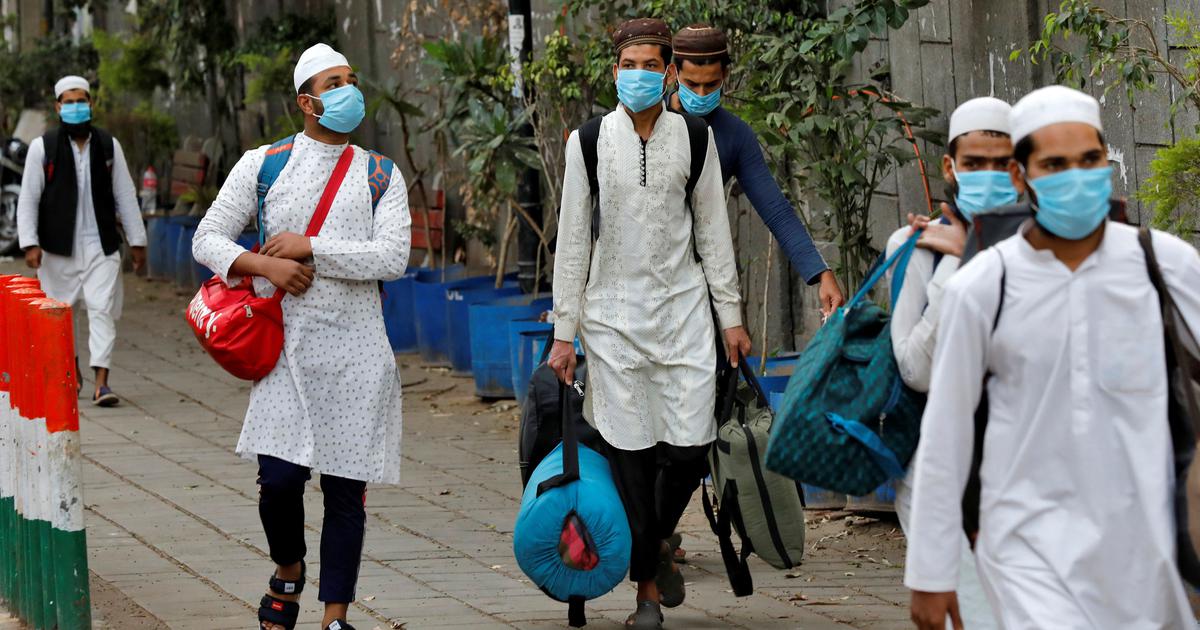The U.S. Commission on International Religious Freedom (USCIRF), an independent government body that monitors international religious freedom has recommended that India be designated as a “country of particular concern” for the second consecutive year.
The USCISRF recommended that the US State Department impose targeted sanctions on Indian individuals and entities for ‘severe violations of religious freedom’.
It laid down another recommendation that urges the administration to promote inter-faith dialogue and rights of all communities at bilateral and multilateral platforms, such as the ministerial of the Quadrilateral.
Another recommendation was directed towards the U.S. Congress and urged that it should raise issues in the U.S and Indian bilateral space. Congress should organize hearings, writing letters, and constitute congressional delegations with India.
USCIRF recommendations are non-binding and last year the Trump administration had rejected the USCIRF recommendation to designate India a CPC.
This year’s recommendations highlight the controversial Citizenship Amendment Act which came into discussion in December 2019 and offered fast track citizenship for minorities of neighbouring countries and non- Muslim refugees from South Asian countries.
The report stated, ‘Mob sympathetic to Hindu nationalism operated with impunity and used ‘brutal force’ to attack Muslims in Delhi riots in February 2020.
Keeping in view The National Register of Citizens (NRC), the report says, “The consequences of exclusion as exemplified by a large detention centre built in Assam are potentially devastating.”
On the matter of interfaith religious marriages, the report says, “Efforts to prohibit interfaith marriage-such as those in Uttar Pradesh and Madhya Pradesh are targeting and delegitimizing interfaith relationships which have furthered the attacks and arrests of non-Hindus and led to suspicion and violence towards interfaith interaction.”
Highlighting the matter of Tablighi Jamaat Markaz in March 2020, the USCIRF says, “At the beginning of the Covid-19 pandemic, disinformation and hateful rhetoric- including from government officials- often targeted religious minorities, continuing familiar patterns.”
One out of ten USCIRF commissioners presented the dissenting view on the recommendations.
Johnnie Moore, President of The Congress of Christian Leaders presented a dissenting note in the report of recommendations and included a text, “India is diversity personified and its religious life has been its greatest historic blessing.”
“India’s government and people have everything to gain and absolutely nothing to lose from preserving social harmony and protecting the rights of everyone,” he added.
Moore was among the dissenters last year too along with Gary L Bauer and Tenzin Dorjee.
In the year 2020, India had denied visas to members of USCIRF who wanted to visit India for inspection and assessment.
S Jaishankar, External Affairs Minister had written to an MP last year that international commissions like USCIRF do not possess the right or capacity ‘to define the state of Indian citizens’ constitutionally protected rights.’
The countries which are falling in the list of CPCs 2021 include Russia, Syria, and Vietnam.
Burma, China, Eritrea, Iran, Nigeria, North Korea, Pakistan, Saudia Arabia, Tajikistan, and Turkmenistan were already on the list and are re-designated this year on the recommendation of USCIRF.
Afghanistan, Algeria, Azerbaijan, Egypt, Indonesia, Iraq, Kazakhstan, Malaysia, Turkey, and Uzbekistan were recommended for a ‘Special Watch list. Cuba and Nicaragua were already on the list for 2019.
Related
Ghazala Ahmad is the Delhi Correspondent for The Cognate.











































